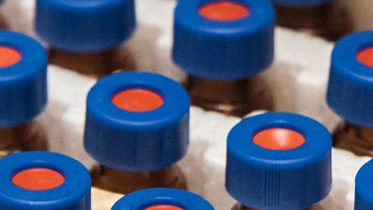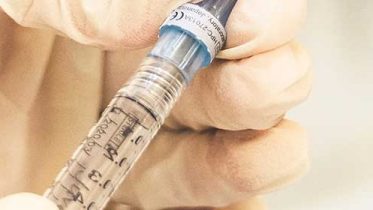Brazil joins Nagoya Protocol
- 18 March 2021
- New legislation
Brazil ended the debate process that had been taking place over years within the government and among the agribusiness and environmental sectors, regarding the Brazilian joint in the Nagoya Protocol. On March 4, 2021, the endorsement letter of the Protocol was signed and filed at the United Nations (UN), formalizing the Brazilian participation in the deliberations that will take place in the next Convention on Biodiversity Diversity (CBD) Conference of the Parties.
In summary, the Nagoya Protocol is a Multilateral Agreement, which was established in the 10th CBD Conference of the Parties – held in Japan in 2010, which regulates access to genetic resources and the fair and equitable distribution of benefits arising from their use. The Protocol works as an international instrument that aims to combat biopiracy, encouraging biotechnology and bioeconomy, defending the rights of native communities as to their associated traditional knowledge, and respect for national sovereignty in international negotiations.
To understand the relevance of the Brazilian participation, it is worth clarifying that Brazil is of fundamental importance to the world, due to its megadiversity and genetic resources. However, in 2015 the Biodiversity Law (Law 13,123/2015). Such Law introduced rules regarding genetic heritage and traditional knowledge, focusing on chemical, pharmaceutical and cosmetic industries and not applying to the sectors of agriculture and food.
Therefore, Brazil’s participation in the Nagoya Protocol reaffirms the national commitment to sustainable development and brings legal certainty to interested parties and suppliers of genetic material, especially in the context of payment for environmental services and in the development of bioeconomy.
For further clarification, please do not hesitate to contact us at brj@clarkemodet.com.br.










